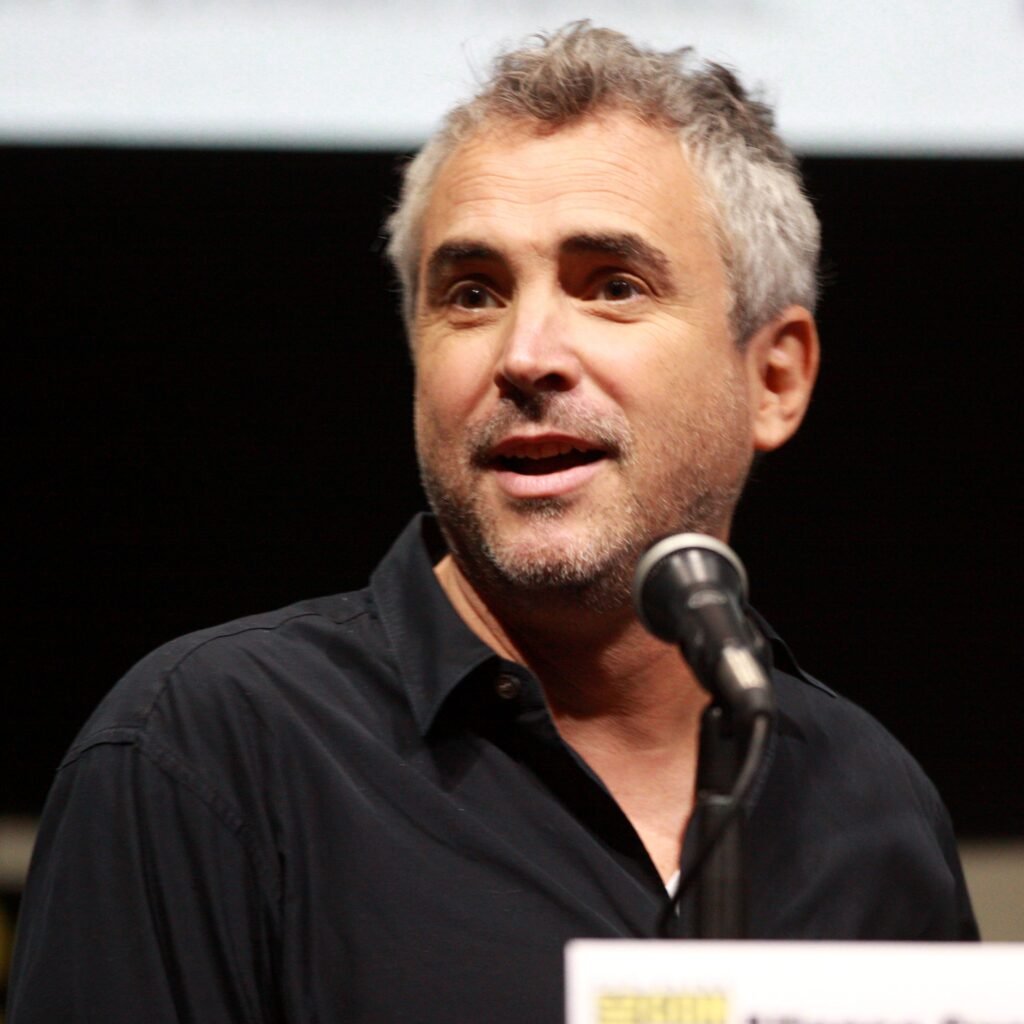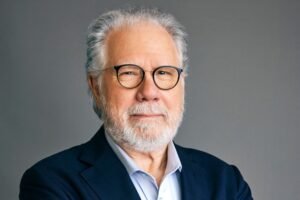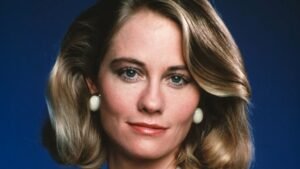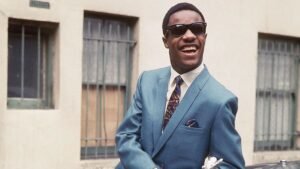Alfonso Cuarón: master of cinema

Director, guionista y productor mexicano
Alfonso Cuarón is one of the most influential and respected filmmakers in contemporary cinema. A director, screenwriter, producer, and editor, he has built a diverse and daring career that ranges from Spanish-language independent films to Hollywood blockbusters. His distinctive style, masterful use of long takes, and ability to blend the intimate with the epic have cemented his place as a true master of the seventh art.
Origins and early steps
Born in Mexico City on November 28, 1961, Cuarón grew up in an intellectual family. He studied philosophy at UNAM and filmmaking at the Centro Universitario de Estudios Cinematográficos (CUEC), where he began to shape his unique artistic voice. His first significant work was directing television in Mexico, followed by co-directing the film Sólo con tu pareja (1991), a satirical romantic comedy that opened the door to the international scene.
Hollywood success and artistic maturity
In the 1990s, Cuarón directed A little princess (1995) and Great expectations (1998), showcasing his ability to adapt to English-language projects while maintaining his visual signature. However, his breakthrough came with Y tu mamá también (2001), a Spanish-language film that achieved critical and commercial success. It also marked a turning point for Latin American cinema, offering a powerful social and political reflection beneath a coming-of-age story.
In 2004, he directed Harry Potter and the prisoner of Azkaban, widely considered the best entry in the franchise, and in 2006, he stunned audiences with Children of men, a dystopian film with rich symbolism, technical brilliance, and a haunting vision of the future.
Global recognition and awards
Cuarón reached the peak of his career with Gravity (2013), a visually stunning space thriller that earned him the Academy Awards for best director and best editing. With Roma (2018), he returned to his Mexican roots to tell a deeply personal story in black and white, blending memory, social history, and visual poetry. The film won the Golden Lion at the Venice Film Festival and three Oscars, including a second for best director.
Style, themes, and legacy
Cuarón’s work is defined by precise technical control, social conscience, and emotional depth. His use of long, uninterrupted takes, natural lighting, and immersive sound design gives his films a unique cinematic language. Whether tackling intimate dramas or expansive science fiction, he explores themes such as memory, identity, inequality, and resilience.
Today, Alfonso Cuarón stands as a global icon of artistic excellence, whose contributions continue to inspire new generations of filmmakers. His legacy is not just a series of award-winning films, but a vision of cinema as a tool for both storytelling and transformation.





